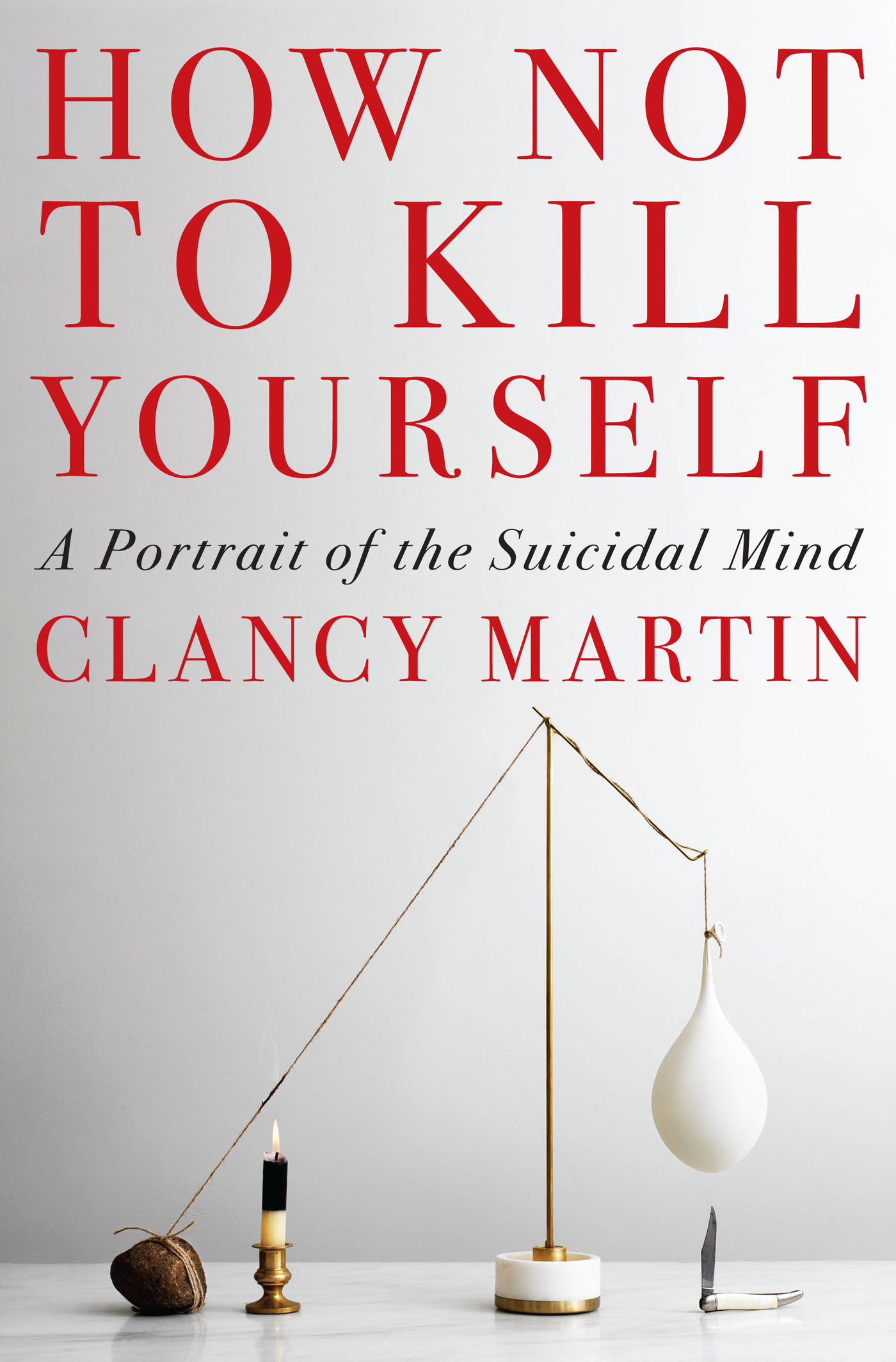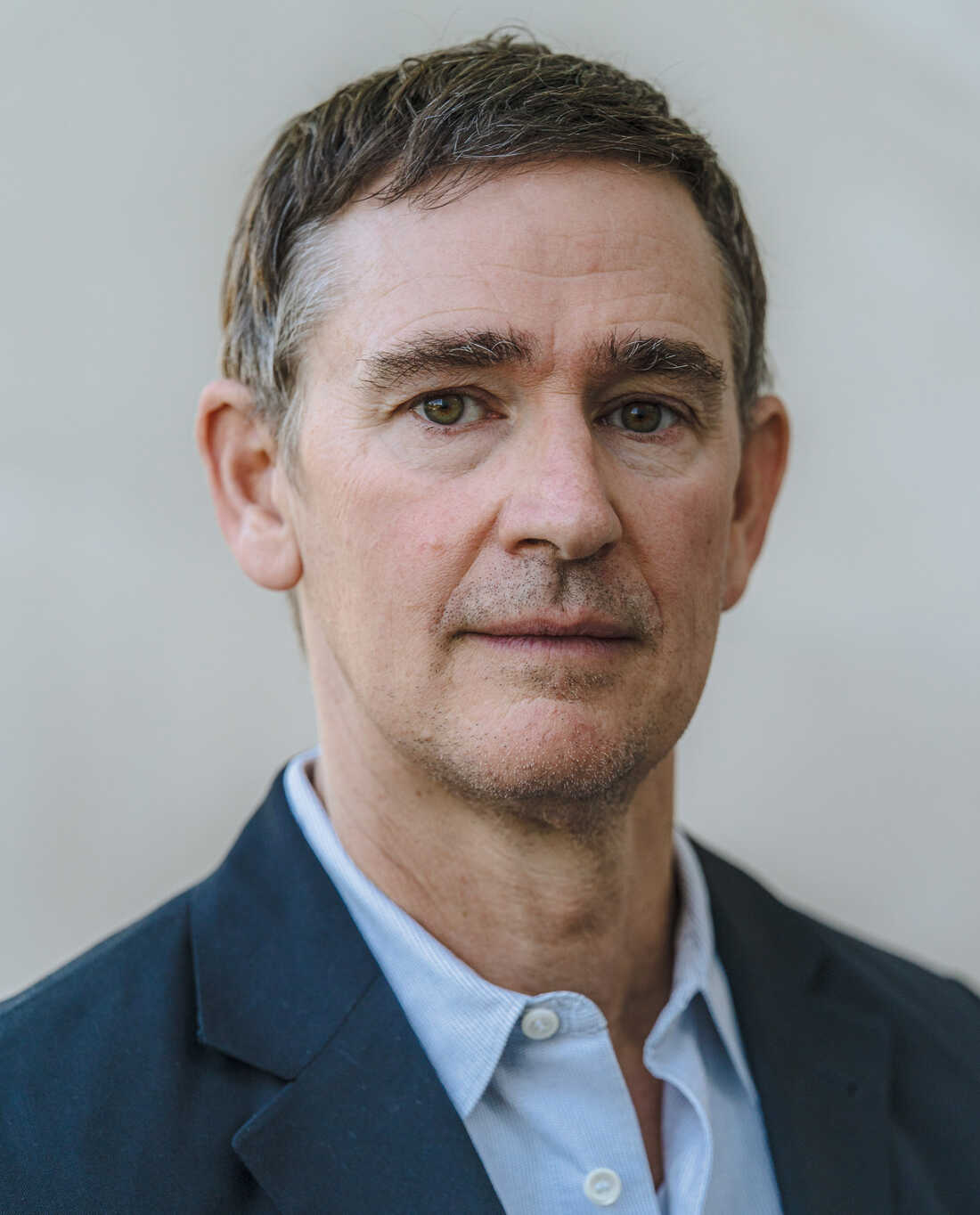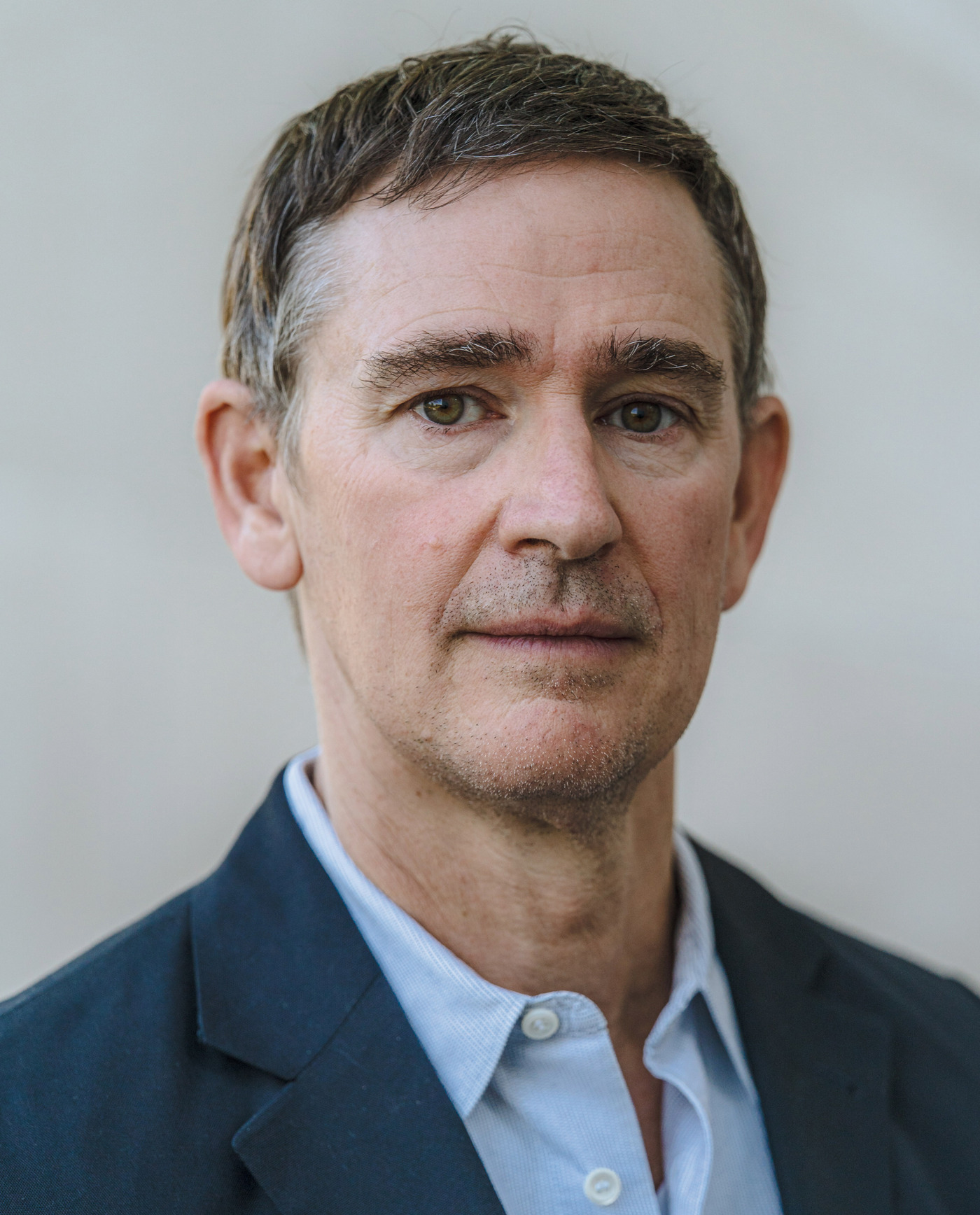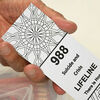
If you or someone you know is considering suicide or in a crisis, call or text 988 to reach the Suicide & Crisis Lifeline.
Clancy Martin has lived most of his life with two incompatible ideas in his head: “I wish I was dead – and I’m glad my suicides failed.” Martin survived more than 10 suicide attempts and he wrote his new memoirs – How Not to Kill Yourself: A Portrait of the Suicidal Mind – especially for those who have attempted suicide or are struggling with suicidal thoughts.
“I’m extremely relieved that I didn’t die from one of my suicide attempts,” Martin said. “I’m so relieved to be alive.”
Martin says John Draper, who served as director of The National Suicide Prevention Lifeline, told him that anyone who survives a suicide attempt has a ‘super power’ – because they understand what it’s like to be in pain this way and is now able to help others experience something similar.
“A lot of what drives the suicidal mindset is the stigma of suicide, the shame of suicide, of having tried being afraid to ask for help, being afraid to talk to someone other,” says Martin. “And so the more openly we can talk about suicide, the more we can help suicidal people.”
Martin is the author of over a dozen books on philosophy and has translated works by Nietzsche and Kierkegaard. He is a professor of philosophy at the University of Missouri in Kansas City and at Ashoka University in New Delhi, India.
Interview Highlights
By asking his students if they had thought about suicide


I let them know that I have attempted suicide in the past and how I dealt with suicidal thoughts so they know it is a safe and comfortable space. And then I say, ‘OK, how many of you have thought about suicide?’ And it’s rare that 90% of the class doesn’t raise their hands. …I want them to know that now they’re in a place where they can look around and see that they don’t need to be afraid of that way of thinking. They have nothing to be ashamed of. They don’t need to feel like there’s anything wrong with them, that it’s an incredibly common and one might even say normal way of thinking.
A philosopher friend of mine said… “The best thing about your book is that you domesticated suicide.” …. That it is no more a taboo subject than sex is a taboo subject or death is a taboo subject or mourning is a taboo subject. All of these things, not only are we allowed to talk about them, but we have to talk about them because we all feel them. And once you lift that shame, you take a lot of the burden off of feeling that.
You can also lift some of the pull of thought…in a paradoxical way. When you stigmatize something, you give it a kind of allure. And when we remove the stigma, when you’re in a room full of people and you realize, oh my God, all my friends, all these people around me, they’ve thought about killing themselves too. All of a sudden it’s like, ‘Oh, it’s just something I’m thinking. It’s not something I have to do. It’s not something I have to act on and I don’t have to feel bad about it.
On his best advice: get rid of the weapon
If you are a person who has ever felt suicidal in the least – or if you are a person who has someone in your life who you sometimes think might be suffering from depression or going through a suicidal period – I urge, I cannot urge you more strongly, get rid of this weapon. That’s just the first piece of advice I can give people.
On how he frees himself from suicidal thoughts
I think I’ve always had this very conflicted view of suicide. The urge to kill myself was extremely strong, and the feeling that it was absolutely the wrong thing to do from a moral standpoint was also very strong. … And so these beliefs were constantly at war with each other. And I think part of the story of how I’m slowly trying to free myself from suicidal thoughts is recognizing that those two ways of thinking were both wrong and were kind of two sides of same room – that I had to learn to accept my suicidal thoughts. to think, to recognize that it was there, and not to add a moral label to it, not to be ashamed or afraid of it.
But even somehow when suicidal thoughts arise to hold them like a little baby who needs attention and just say, “OK, there you go, my suicidal thoughts and I’ll take care of you.” I’m not going to act on you, but I’m going to cherish you a little until you’re gone as all thoughts – good and bad – eventually do.

On Existentialist Philosophy and Suicide
I think that feeling that life had no meaning and that it was kind of a battle and a struggle and that it had to have meaning and that there were answers to those questions definitely pushed me towards the philosophy. The philosophers with whom I connect most deeply, we call it the existentialist tradition. …

Clancy Martin says, “I needed to learn to accept my suicidal thought, to recognize that it was there, and not to attach a moral label to it, not to be ashamed or afraid of it.
Lauren Schrader/Hall of Books
hide caption
toggle caption
Lauren Schrader/Hall of Books

Clancy Martin says, “I needed to learn to accept my suicidal thought, to recognize that it was there, and not to attach a moral label to it, not to be ashamed or afraid of it.
Lauren Schrader/Hall of Books
Camus thought that you shouldn’t kill yourself out of stubbornness, that life is suffering and that it ultimately has no meaning. And so you should say, you know what, life? I am tougher than you. I’m not going to let you do what I know you’re trying to get me to do, which is to end my life, I’m going to stand up to you. And he thought that in opposing life, as he said, like with Sisyphus rolling that rock up the hill, that’s where you find your meaning. And this is an opportunity to start making sense of life and transforming life into something you are grateful for. When you say, you know what? Even with all the suffering, I will stay.
On the Tibetan prayer “May we be hopelessly happy”
I think it’s so important that we stop thinking bivalently, especially if you’re the type of person who suffers from suicidal thoughts. You sort of think like good and bad, black and white, disaster or complete relief from disaster, fight or flight. You have to start thinking less aggressively…and start accepting a little more. Once you start to accept a little more than you think, the future is no longer in my control and the past is already behind me. And so hope, despair, those ways of thinking aren’t really helpful to you. You just let go of it all a little bit and be a little softer with your belief system and be a little softer with your thoughts.
Take care of yourself first
If you are someone who struggles with suicidal thoughts, you need to take seriously the fact that you have this opportunity to take care of yourself and take care of yourself. Even if you feel like I’m not someone worth taking care of – take care of yourself – so that you have the ability to take care of the people who need you. Believe me, you are surrounded by people who need you and want you to live. You may not feel like it, but it’s true. And use it if you can’t use anything else as an excuse to take care of yourself.

By calling or texting the mental health/suicide helpline 988
“988” is really good, and by calling 988, or texting 988, they have become very, very good at helping people. …It’s the mental health crisis hotline, just text them and say “I feel like hurting myself” or “I feel really bad”… or call and they will answer you very quickly and they are good.



